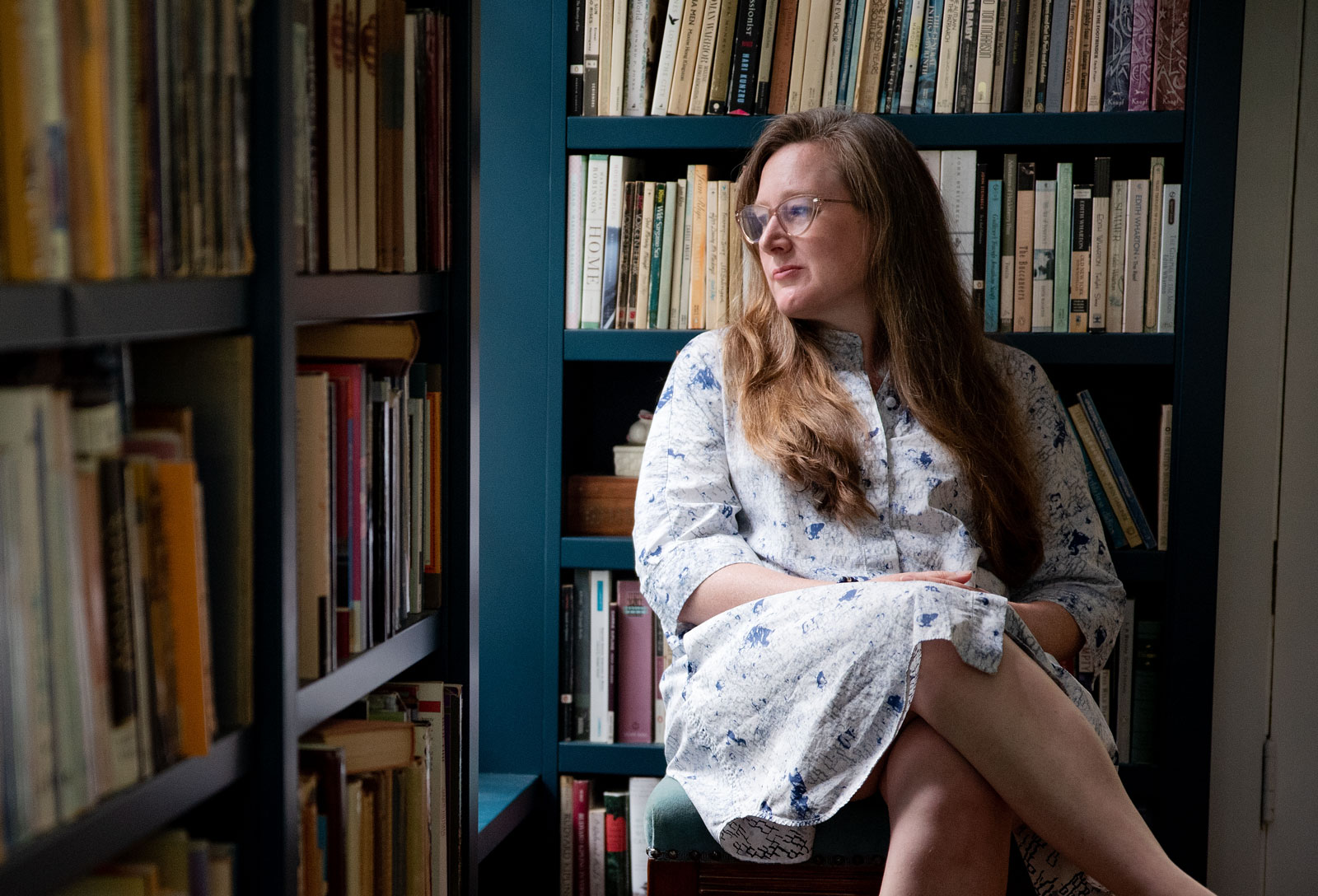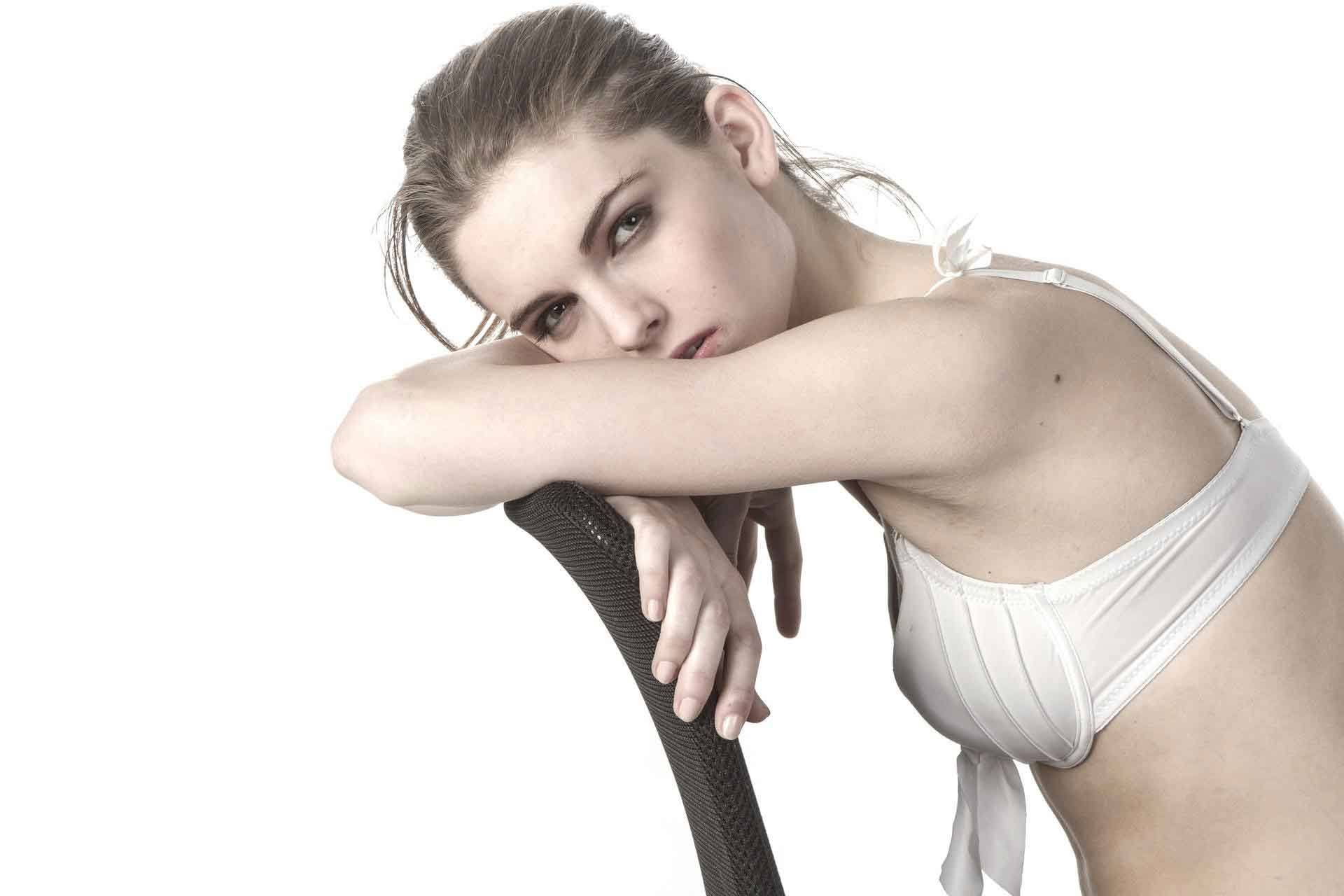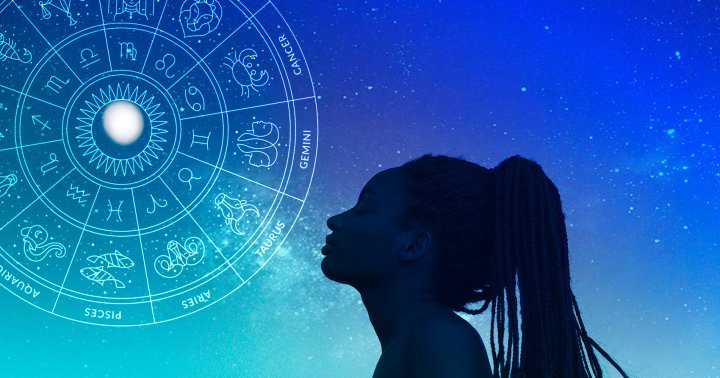How Imperfection—and Attention to It—Invites Care
In a recent episode of Tricycle Talks, playwright Sarah Ruhl shares her journey to acceptance and self-compassion following her diagnosis with Bell’s palsy. The post How Imperfection—and Attention to It—Invites Care appeared first on Tricycle: The Buddhist Review.

Trike Daily CompassionPersonal Reflections
In a recent episode of Tricycle Talks, playwright Sarah Ruhl shares her journey to acceptance and self-compassion following her diagnosis with Bell’s palsy.
Interview with Sarah Ruhl by James ShaheenMar 16, 2022 Photo by Kathleen Hinkel
Photo by Kathleen Hinkel After giving birth to twins, playwright Sarah Ruhl was diagnosed with Bell’s palsy, a paralysis of the seventh cranial nerve that severely limits facial expression, even—and especially—one’s ability to smile. Though most who suffer from this condition get better within a year, for Ruhl, the road to recovery has been much slower. In her new memoir, Smile: The Story of a Face, Ruhl reflects on her journey of reoccupying her body and reclaiming her capacity for joy.
In a recent episode of Tricycle Talks, Tricycle editor-in-chief James Shaheen sat down with Ruhl to discuss Zen koans, the overlooked beauty of asymmetry and imperfection, and how Tibetan Buddhism brought her back to her Catholic roots. Read some excerpts from their conversation below, or listen to the full episode here.
You write that asymmetry is often associated with villains or the grotesque, yet you suggest that an asymmetrical person can be a protagonist rather than just the antagonist. How does asymmetry show up in your art and the stories you tell? What does it look like to honor the asymmetrical? In some ways, I don’t know yet. I think I’m still finding out. But in other ways, I think it manifests in my stories as a kind of distrust of Aristotelian thinking, where everything has a clear cause and the structure has a nice arc with a catharsis and a little plateau and then a denouement. I’ve always thought of my plays as more Ovidian. In [Roman poet] Ovid’s Metamorphoses, the tales unfold and unfold and surprising, sudden transformations happen and people turn into beasts and trees and there’s no causality. I think that is how the body sometimes functions: you wake up and you’re transformed. It’s not a defect of your character that caused it. It’s just the body. I’ve always been interested in that kind of storytelling rather than a clear symmetrical arc with a moral lesson. I remember being so moved by reading Franz Kafka’s Metamorphosis in college when I was 18 and my father was sick with cancer. Everyone around me was reading the story abstractly, and for me, it felt really emotional, this idea of a person waking up and not recognizing their body, and then the bug is swept away at the end by the carpet lady with so much detritus and the family moves on. I found it so sad.
You also write about how you eventually came to see imperfection as how we meet each other and care for each other. Can you share more about how asymmetry and imperfection invite care? We don’t get to know each other through telling each other how perfect and wonderful our lives are. We get to know our friends through hardship. Often, we fall in love, and there’s usually hardship—it’s not just rainbows and dolphins. There are definitely some relationships that are overly forged in hardship, so it’s important to have a balance. But I do think that when we allow ourselves to be fragile and seen, that’s where real love comes in—real love and acceptance from others. If you’re perfect, what is there to accept?
You had lunch with the theater critic, Jonathan Kalb, who also has Bell’s palsy, and you write about the empathy you felt from seeing his face. Could you share more about that experience and how it helped you to develop compassion for your own face? I remember when Jonathan walked into the restaurant, I knew immediately who he was, and I could recognize on his face that he was still going through something I was going through. His face was like a mirror. I could see that he was turning away from me when he laughed so as to not show the expression of laughter on his face, which I did too. I felt like I looked like a strange pirate when I laughed because my smile was so asymmetrical. It can be hard to eat when you have Bell’s palsy because sometimes the muscles on one side of the face are weaker, so you might drool, or your food might come out. We were eating dumpling soup, and Jonathan’s dumpling exploded. He rushed to apologize, but I said, “No, I’m so happy I don’t feel self-conscious eating this cucumber in front of you.” It took me so long to seek out someone else with Bell’s palsy to have lunch with. But there was such solace. I think part of it was seeing Jonathan turn away from me while he laughed and knowing how I felt as the observer. I thought, “No, look at me when you laugh. I don’t judge your face.” It made me ask myself, why then am I doing that? It really changed the way I viewed myself.
At that point you realized you had more compassion for others than you might for yourself. Has that changed at all? Yes, I hope it has. Honestly, writing this book was a healing process in that way: it gave me more compassion for myself. I think I blamed myself in weird ways for my illness. I thought that I wasn’t resting enough or doing enough or that I must have done something wrong rather than acknowledging, “Well, Sarah, that was kind of a hard knock to have two twins in the NICU [neonatal intensive care unit], get celiac disease, and get Bell’s Palsy.” I was always blaming myself for the ways in which my body was disappointing me and keeping me from moving forward in my life, and I never sat down and acknowledged how much I was going through. I do think it took writing the book to have a little bit more self-compassion. It’s partly due to the process of making sense of: leaving old metaphors behind and making sense of a story that didn’t make sense because it had so many constant ruptures, in the same way that Kafka talks about waking up and being a bug. Nothing made sense to me about the story of my face betraying me before writing it all down. It just felt like this sudden rupture in my life, and somehow writing it down gave me compassion because I was also making sense of it for myself.
For so long, I didn’t even speak about the Bell’s palsy. It was just something I was going through privately. It was so helpful to begin speaking and writing about it. When I finished the book, I was in the car driving with my daughter, Anna, who was then about 13. She was listening to me talk to my editor about the book coming out. Afterwards, I asked her, “Was that interesting to you, that conversation about Bell’s palsy and depression?” And she said, “Oh, it was. I’ve always thought of your face, Mom, as a beautiful house that had a wall suddenly fall down, and you spent all this time trying to build it back up brick by brick, and you couldn’t quite, but when I look at your face, all I see is my home.” And that just killed me. It was so beautiful.
♦
Listen to the full podcast with Sarah Ruhl here:
For more, read an interview with Ruhl here and an excerpt from Smile: The Story of a Face here.

Get Daily Dharma in your email
Start your day with a fresh perspective

Explore timeless teachings through modern methods.
With Stephen Batchelor, Sharon Salzberg, Andrew Olendzki, and more
![]()
Thank you for subscribing to Tricycle! As a nonprofit, we depend on readers like you to keep Buddhist teachings and practices widely available.
This article is only for Subscribers!
Subscribe now to read this article and get immediate access to everything else.
Already a subscriber? Log in.
Sarah Ruhl is a playwright, essayist, and poet. Her fifteen plays include Eurydice; The Clean House; and In the Next Room, or the vibrator play. She has been a two-time Pulitzer Prize finalist, a Tony Award nominee, and the recipient of a MacArthur Fellowship. Her book 100 Essays I Don’t Have Time to Write was a New York Times Notable Book of the Year. An opera version of Eurydice was presented by LA Opera last year and opens at the Metropolitan Opera on November 23.

 Lynk
Lynk 
































